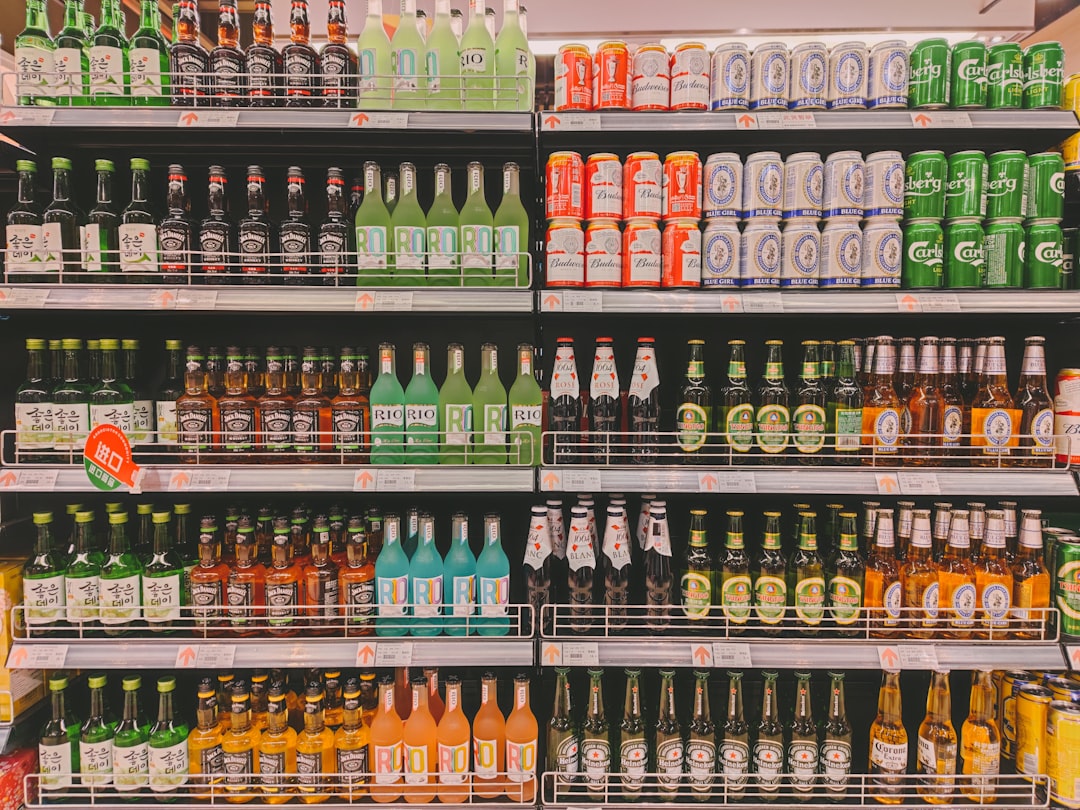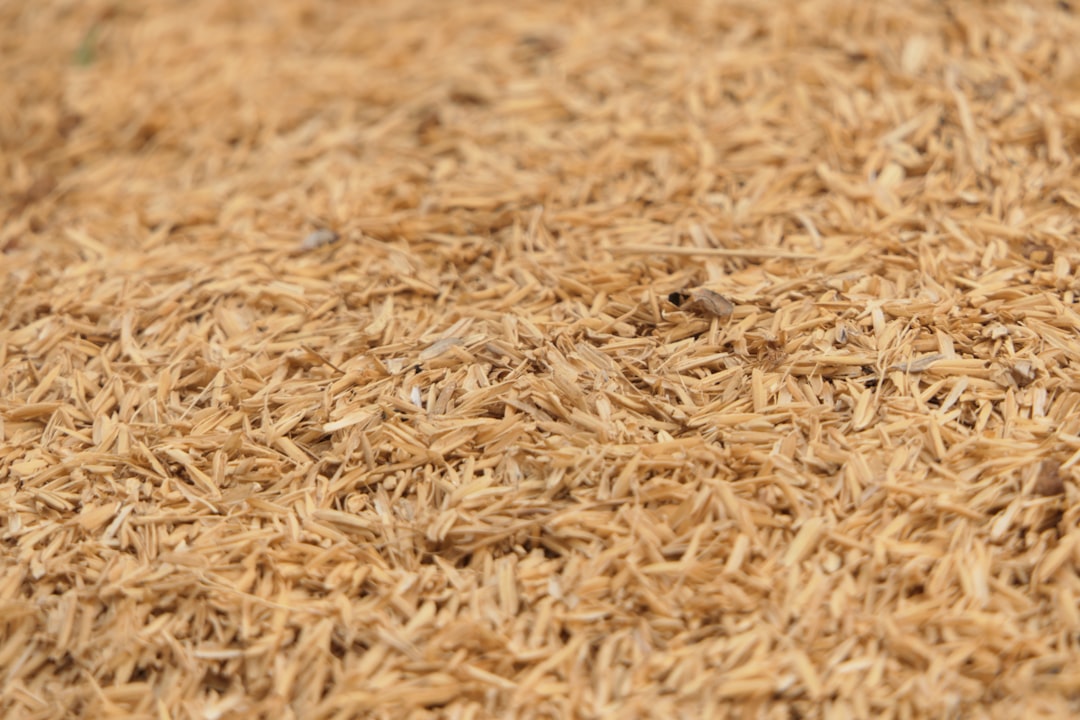What is it about?
This research study is about the risks associated with Listeria monocytogenes biofilms on plastic cutting boards, which can lead to cross-contamination of food and pose a major risk in food safety. The researchers simulated and evaluated how these bacteria form mature biofilms within 24 hours with high adhesion rates, as well as their transmission rates to different types of foods during the cutting process. They also assessed the effectiveness of typical household washing practices for removing artificially-contaminated plastic cutting board biofilms. Overall, this study highlights that proper cleaning practices including sanitization procedures are necessary when using kitchen utensils like cutlery sets to avoid potential health risks related to pathogenic microbes present in uncleaned environments around us.
Featured Image

Photo by Towfiqu barbhuiya on Unsplash
Why is it important?
The practical implication of this research study is that Listeria monocytogenes biofilms can form on plastic cutting boards and pose a significant risk to food safety. The findings highlight the importance of proper cleaning practices, such as scrubbing with dishwasher or sponge, in reducing bacterial populations associated with these biofilms. It is necessary to promote better awareness about sanitization procedures while using kitchen utensils like cutlery sets if we want to avoid any potential health risks related to pathogenic microbes present in uncleaned environments around us.
Read the Original
This page is a summary of: Simulated transmission and decontamination of Listeria monocytogenes biofilms from plastic cutting boards, Food Control, July 2023, Elsevier,
DOI: 10.1016/j.foodcont.2023.109678.
You can read the full text:
Contributors
The following have contributed to this page










